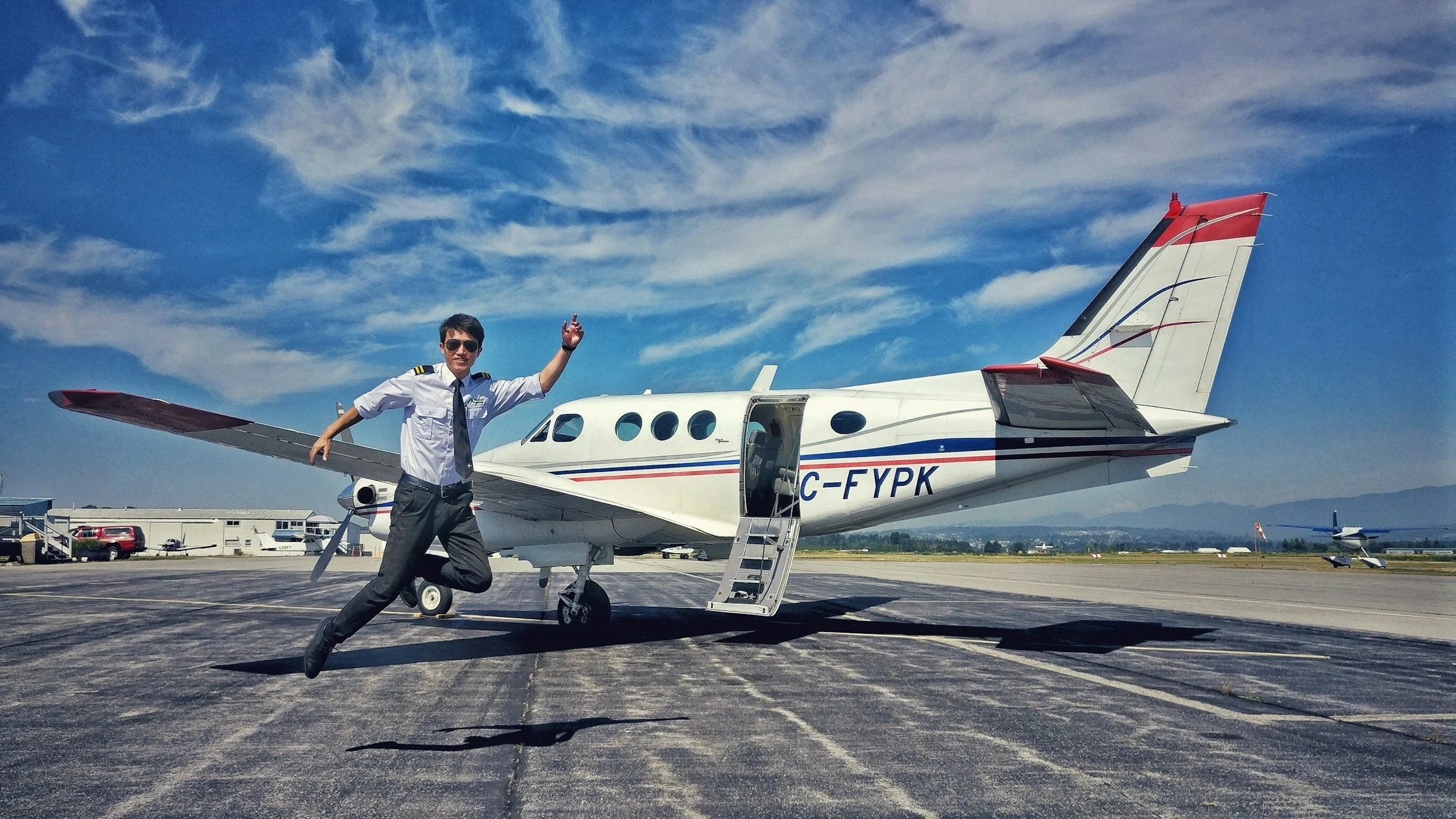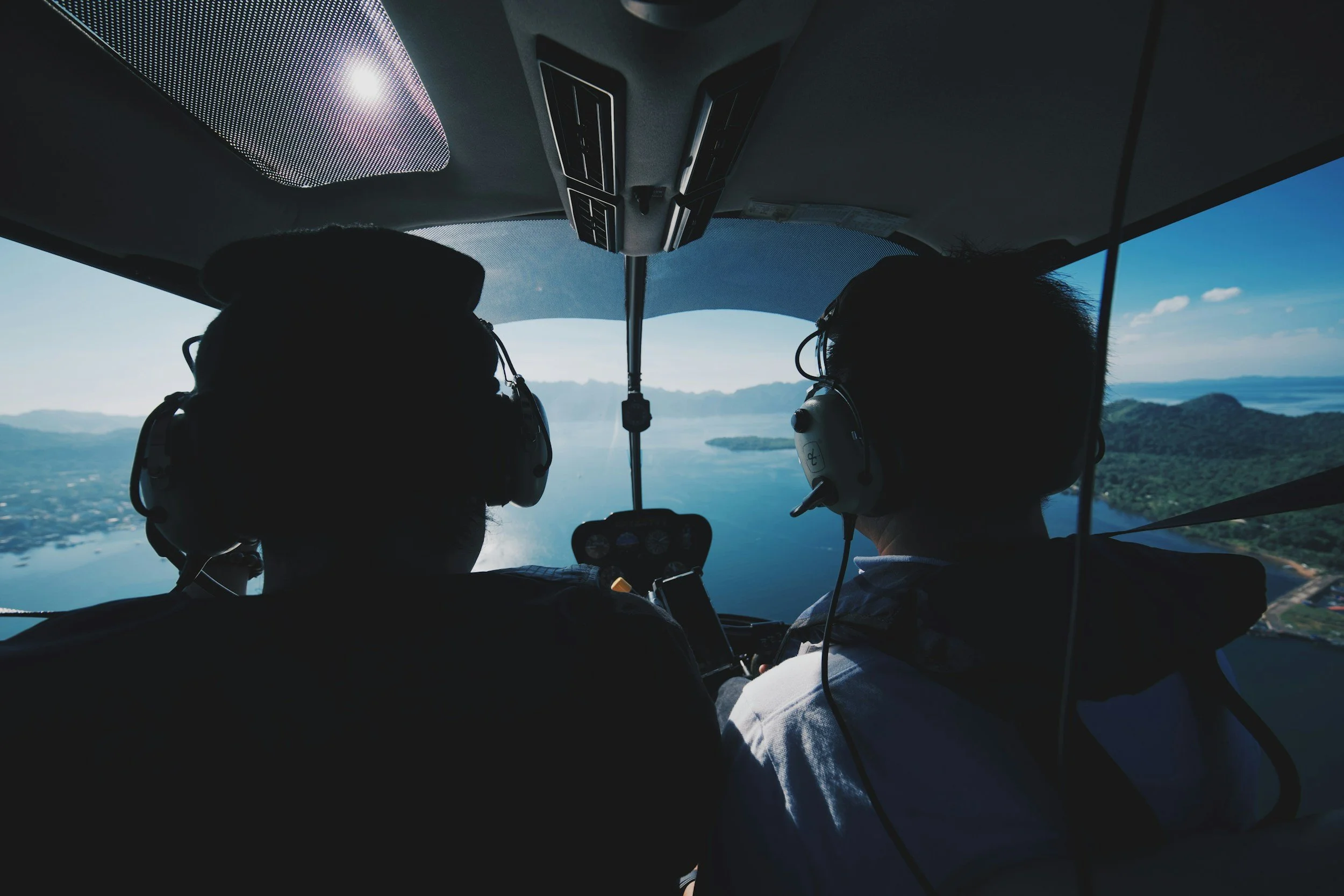This is a TEST Page
Pilot Peer Support
If you are a pilot seeking a supportive and experienced Peer Monitor to assist you in your journey toward recovery and a safe return to flying, this page is your dedicated resource. Here, you will find a list of qualified and compassionate peer monitors who understand the unique challenges of the aviation profession. These individuals offer guidance, accountability, and firsthand experience, helping you navigate FAA requirements, maintain sobriety, and work toward successfully returning to the cockpit. To connect with a monitor who can support you, simply reach out through the links provided below.
Peer Support Monitors
-

J Doe
My Bio
-

J Doe
My Bio
-

J Doe
My Bio
-

J Doe
What should we know about the services you provide? Better descriptions result in more sales.
To Become A Pilot
Peer Support Monitor
As a Pilot Peer Monitor, your primary role is to serve as both a mentor and a monitor, guiding a fellow pilot from externally enforced sobriety toward independent, sustainable recovery. You’ll maintain regular contact, provide detailed progress reports to the support team, and encourage the pilot to take ownership of their recovery—all while upholding confidentiality with clear limits, meaning you must report high-risk or relapse behavior. Your duty is to protect the integrity of the program itself, acting as a liaison between the pilot, medical team, airline, and union. Approach this role as service work: you are not responsible for the pilot’s success or failure, but your guidance is vital to helping them safely return to their career.
Guidelines for a Pilot Peer Support Monitor (Option 1)
Primary Role: Mentor and Monitor
Your primary function is to serve as a mentor, not a sponsor. Unlike an AA sponsor who maintains strict confidentiality, you have an oversight and reporting responsibility to the pilot's support team (e.g., the Aviation Medical Examiner (AME) or Independent Medical Sponsor (IMS), the airline, and the union). Your goal is to guide the pilot from externally monitored "coerced sobriety" to independent "choosing abstinence".Promote Pilot Responsibility
Encourage and verify that the recovering pilot is taking full responsibility for their own recovery. This includes ensuring they prioritize activities such as attending therapy, bidding for schedules that allow meeting attendance, and involving their family in support groups like Al-Anon.Maintain Regular Contact and Reporting
Schedule regular, preferably face-to-face, meetings with the pilot. Provide detailed reports on the pilot’s recovery progress to the IMS/AME and other designated parties. Your reports should offer context on behavior and assess whether the pilot is genuinely engaged in recovery or merely "going through the motions".Share Experience, Strength, and Hope
Use your own recovery journey to educate and inspire the pilot. Sharing your experience can help reduce the anxiety and isolation often felt by someone new to sobriety. However, ensure the pilot does most of the talking during your interactions.Uphold Confidentiality with Limits
Clearly explain the boundaries of confidentiality at the outset. While conversations are private, you are obligated to report high-risk or relapse behavior (e.g., isolation, secrecy, ignoring recovery plans) immediately to the pilot’s AME/IMS and other members of the support team. Early intervention is critical to preventing relapse.Protect the Program's Integrity
Your duty is to the viability and integrity of the support program, not to protecting an individual pilot from consequences. Do not hide non-compliance or relapse. "Covering up" undermines the trust essential to the program and denies the pilot the full support they need, potentially jeopardizing the program for future participants.Serve as a Liaison
Act as a communication bridge between the pilot, the airline, the union, and the medical team. You have a responsibility to communicate your observations to ensure a coordinated support effort.Know Your Boundaries and Limits
Understand that you are not responsible for the ultimate success or failure of the pilot's recovery. You are one part of a larger support team. Do not take a relapse personally; the responsibility for sobriety lies with the pilot.View the Role as Service Work
Approach monitoring as an opportunity for service, similar to "12th Step" work in AA. It benefits your own recovery while you educate company management, union reps, and other pilots about the importance of the program and recovery from chemical dependency.Commit to the Program's Goal
The ultimate goal of any peer support program is to enable a pilot to get adequate help and treatment to safely resume their flying career. Your guidance is a key component in achieving this.
Guidelines for a Pilot Peer Monitor (Option 2)
The Monitor Guidelines outline the role and responsibilities of a monitor supporting a pilot in recovery from substance dependency. The primary goal is to transition the pilot from externally enforced sobriety to self-driven abstinence. Key guidelines include:
1. Encourage the pilot to take personal responsibility for their recovery by prioritizing meetings, therapy, and family support.
2. Act as a mentor, not a sponsor; maintain oversight and report high-risk behavior to the support team, as confidentiality is not absolute in this role.
3. Share personal recovery experiences to reduce the pilot’s anxiety and provide relatable guidance, while ensuring the pilot does most of the talking.
4. Immediately report suspected relapse behavior (e.g., isolation, secrecy) to the medical team to enable early intervention.
5. Provide detailed reports on the pilot’s recovery progress to help contextualize behavior and ensure genuine engagement.
6. Prioritize the integrity of the HIMS program over protecting the pilot; avoid covering up non-compliance to maintain trust and program viability.
7. View the role as service work, educating others and reinforcing one’s own sobriety through advocacy.
8. Recognize that the monitor is not responsible for the pilot’s success or failure; recovery depends on the pilot’s efforts and broader support systems.
Overall, the monitor serves as a guide, reporter, and advocate, balancing support with accountability to foster lasting recovery.
If you are interested in serving as a Peer Support Monitor and supporting fellow pilots in their journey to recovery, please provide your information through the link below to be added to our list of available mentors. Your experience and guidance can make a meaningful difference in helping others safely return to the cockpit. Join our supportive community today and contribute to this important program.
Disclaimer: This service is intended for informational and connection purposes only. We do not provide medical, legal, or professional advice. The peer monitors listed are not legally responsible for individual outcomes, and participation in this does not guarantee specific results. Each individual is solely responsible for their own recovery journey and compliance with all applicable regulations.



